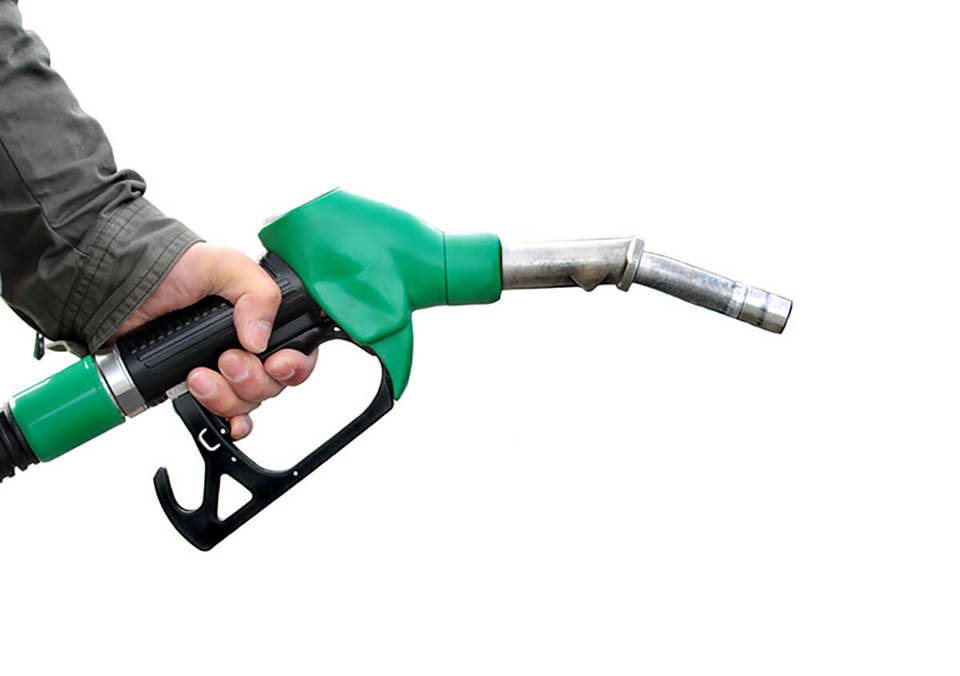British businesses are squandering millions of litres of petrol because employees don’t drive company vehicles efficiently, according to a recent study by Trimble MRM.
According to the survey, poor driving technique, inaccurate fuel gauges and bad record keeping are all contributing to companies being unaware of the real consequences of their fuel usage.
The research found recent hikes in petrol and diesel prices is the biggest challenge facing fleet managers today. The drive to make business more fuel efficient is forcing fleet managers to take a long hard look at their vehicles and driver behaviour.
Trimble says the right driver feedback technology can make an average commercial vehicle up to 15 per cent more efficient.
“As fuel prices rise, understanding where fuel is being used the most or unnecessarily wasted is crucial for businesses,” says Andrew Yeoman, MD of Trimble MRM.
“Guesses on fuel card and mileage logs are at best problematic and open to mistakes or abuse. The key to achieving fuel savings is real-time data from individual vehicles linked to a specific driver.”
“To put this into simple terms - a heavy goods vehicle which drives 60,000 miles a year at eight miles to the gallon could see a saving of £6,142 a year at today’s fuel prices,” says Yeoman.
The emergence of new diagnostic solutions allows businesses to draw information directly from each vehicle and report on faults, performance, and exactly where fuel is being wasted.
With exceptional accuracy, companies can also receive information on individual driver behaviour patterns, such as speed, style, braking or acceleration, giving fleet managers a real insight into which employees need additional training or to regulate their behaviour.
“It’s not about being Big Brother,” says Yeoman. “And it’s also not about penalising workers who drive for their jobs – far from it. It’s about the bigger picture which is helping increase productivity in a costly environment.”
By identifying drivers who do need to make changes, managers can focus on making improvements for the minority rather than taking a broad approach across an entire company – which can be time consuming and expensive.
“Multiply this across a fleet of 1,000 vehicles or more, and the savings are significant.”
To check out the fuel prices in your area, come the Fuel News fuel prices page.
If you want to calculate your fleet fuel costs, come use the Fleet News fuel cost calculator.













Login to comment
Comments
No comments have been made yet.